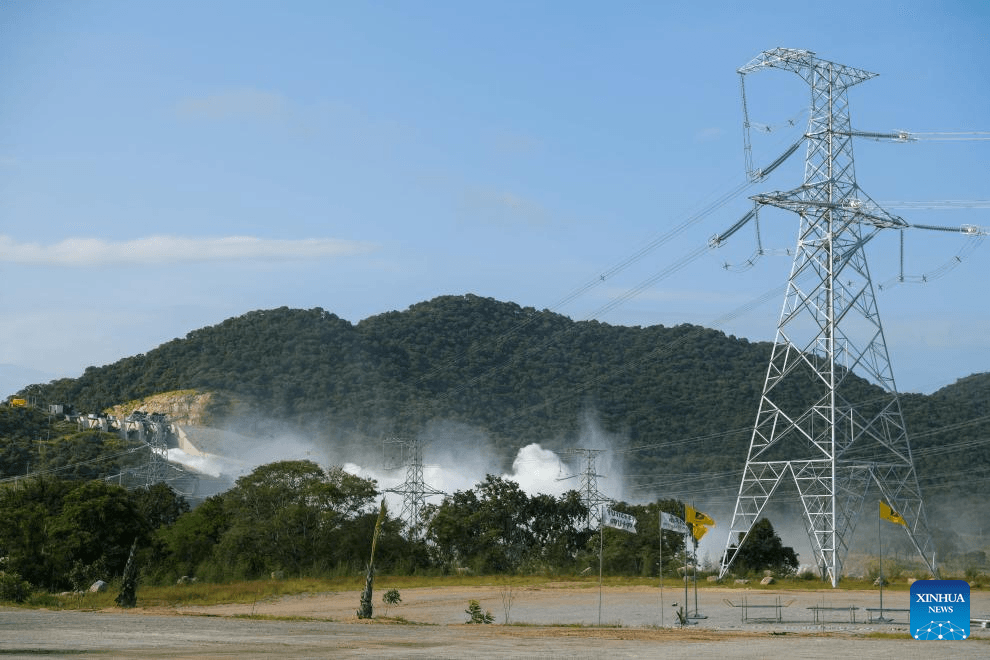Chief Justice Martha Koome has affirmed that the Judiciary will stand firm against threats to claw back its independence even as she insisted on working with other arms of government.
The CJ said that under her leadership, the judiciary will uphold its independence while harnessing inter-governmental collaboration.
In a statement, Koome said the Judiciary will collaborate and work with the other arms of government in the spirit of interdependence and reciprocity.
''However, the other arms of government must respect the independence of the Judiciary,'' she said in a press statement after chairing a meeting of top judges in Naivasha.
Koome said that there should be more interaction between the Judiciary and other arms of government to communicate its needs without interfering with the independence of the Judiciary in the spirit of cooperative dialogue.
She said part of its engagement with other arms of government is to push adequate funding to enable the judiciary to execute its constitutional mandate.
"The Judiciary continues to face the challenge of under-funding. Therefore, there is a need for continued engagement with other actors and stakeholders to pursue constitutional and legal amendments to ringfence the budget of the Judiciary, and streamline the operations of the Judiciary Fund,''' she said.
The CJ had come under a barrage of criticism from the opposition after she held a meeting with President William Ruto at the State House.
The meeting was also attended by National Assembly Speaker Moses Wetang'ula to unlock a standoff that ensures court decisions.
At the same time, Koome said the Judiciary had noted continued threats to its constitutional independence through vilification and criticism of judges while performing their duties.
She named the culture of disobedience of court orders by several actors and the denial of adequate resources as part of the threats facing the judiciary.
"We urge Kenyans to continue supporting the independence of the Judiciary,'' Koome said in a statement.
She said that all Kenyans, state and public officers, state organs and agencies are required to respect and obey court orders.
This, she said, would be in recognition of the constitutional entrenchment of the rule of law and democracy as a national value and principle.
The CJ held a four-day retreat with the heads of superior courts representing the Supreme Court, the Court of Appeal, the High Court and the Employment and Labour Relations Court.
The head of the Environment and Land Court also participated in the Heads of Courts’ Consultative Meeting in Naivasha.











